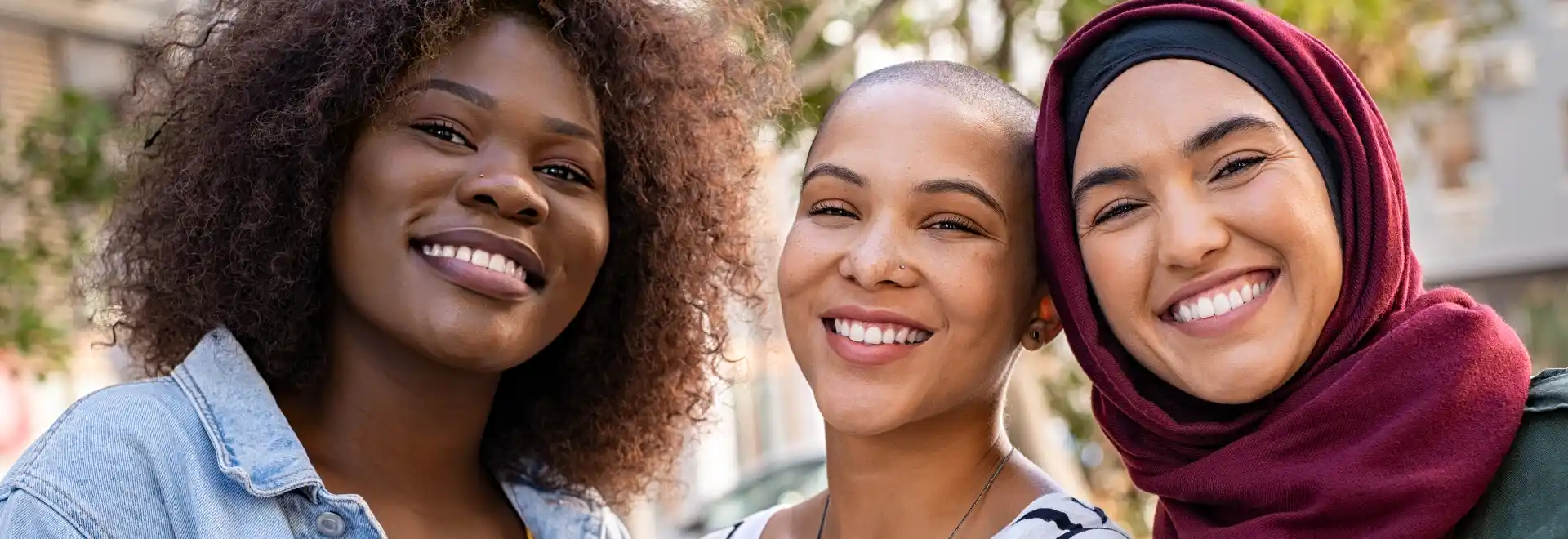
Multicultural Therapy
What is Multicultural Therapy?
Multicultural Therapy is a form of psychotherapy that highlights the influence of race, ethnicity, culture, religion, gender identity, disabilities, and income on one’s mental, emotional, and relationship problems. It also addresses the impact of racism and injustice on the physical and emotional health of a minority group Multicultural Therapy assumes that mainstream psychotherapies are biased towards the beliefs, needs, and values of a Western majority, and have historically ignored the needs of minority groups.
When is Multicultural Therapy Used?
Individuals from minority groups can feel like their unique cultural needs are largely ignored by the mental healthcare system in Western countries. Multicultural Therapy can be used with those who feel their problems resulted from discrepancies between their unique cultural and/or gender-identity background and the larger, heterosexual, cis-gendered majority population. Multicultural Therapy can be integrated in other forms of psychotherapy, including Cognitive Behavioral Therapy (CBT), family therapy, marital counseling, and substance abuse rehabilitation. It can be applied to patients of all ages and genders. It can be particularly helpful for immigrants, refugees and other displaced persons, individuals who struggle with gender and sexual identity, and other disenfranchised and marginalized groups.
What Can You Expect from Multicultural Therapy?
Multicultural therapy can be delivered in individual, group, and school settings. Patients can expect to to talk about their unique difficulties, but it can also utilize other forms of expression such as art and music from their culture of origin. At the beginning of the multicultural therapy process, therapists spend time with the patient to establish trust and mutual respect, thus creating a safe environment for the patient to fully discussed their issues without fear of being discriminated or judged based on their demographic. . The therapist will also learn to recognize culturally-specific problems, needs, and expectations of each unique patient. Therapist and patient will work together to identify how sociocultural differences between the patient and his or her environment exacerbate mental and emotional problems These factors are also considered in finding solutions and create action plans that make sense in the context of the patient’s sociocultural background and environment. It is common that therapists who practice Multicultural Therapy do not come from the same backgrounds as their minority patients; however Multicultural therapists are educated and trained to address and be sensitive to sociocultural factors.
How Will Multicultural Therapy Work for You?
Multicultural Therapy acknowledges that the development of a person’s mind and behavior are influenced by each individual set of sociocultural factors, and that mainstream psychotherapies may not always account for these differences. It aims to create a safe and culturally unique space in which these differences and problems are not only explored but accepted without fear of judgment or discrimination. In addition to addressing emotional and behavioral issues, Multicultural Therapy can help an individual better adapt and assimilate with the majority cultural environment to get basic needs met.
